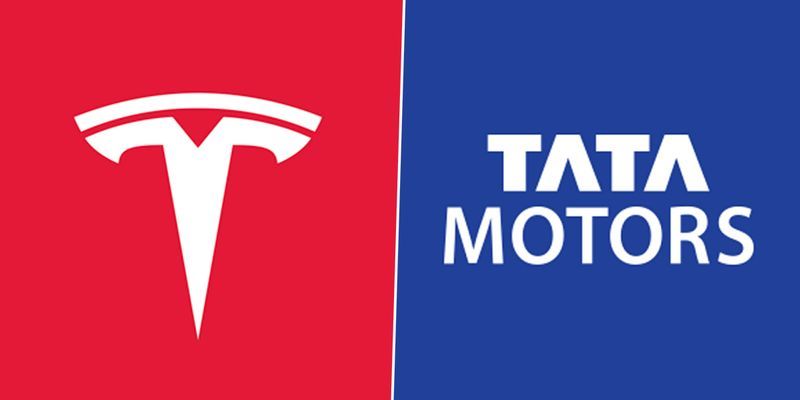
In a move that has sent shockwaves through the tech industry, electric vehicle (EV) giant Tesla has reportedly inked a strategic deal with Tata Electronics, a prominent arm of the Indian conglomerate Tata Group. This hush-hush agreement signifies a potential turning point for India’s ambitions in the ever-critical semiconductor space. But what exactly does this handshake between two titans mean for the future of chips? Let’s unpack this exciting development and explore its deeper implications.
A Global Chip Gobbler Goes Local
Tesla, under the visionary leadership of Elon Musk, is renowned for its insatiable appetite for cutting-edge chips. These tiny marvels of engineering are the heart and soul of Tesla’s innovative EVs and futuristic ventures like self-driving cars. However, the global chip shortage has thrown a wrench into the well-oiled machine of Tesla’s production line. This strategic partnership with Tata Electronics could be a strategic masterstroke, allowing Tesla to diversify its supply chain and potentially secure a reliable source of chips.
Beyond Rupees and Sense: A Long-Term Play?
While the specifics of the deal remain under wraps, reports suggest that Tesla’s intentions extend beyond simply acquiring chips for immediate revenue generation in the Indian market. Industry experts posit that this move might be a calculated one, aimed at establishing a long-term foothold in the Indian semiconductor ecosystem. India, with its burgeoning tech sector and government initiatives like the “Make in India” program, presents a fertile ground for Tesla to invest in chip development and production facilities. This could lead to a mutually beneficial scenario where India gains access to Tesla’s cutting-edge technology and know-how, while Tesla benefits from a secure and cost-effective chip supply chain.
India’s Semiconductor Dreams: Taking Flight?
This potential collaboration between Tesla and Tata Electronics is a shot in the arm for India’s aspirations to become a global semiconductor hub. The Indian government has been actively pushing policies and incentives to attract major chipmakers, and this high-profile deal could serve as a catalyst for further investments in the sector. A robust domestic chip industry would not only empower India to meet its own technological needs but also position it as a major player in the global chip market, currently dominated by a handful of countries.
The Future Unfolds: A Chip Off the Old Block?
The TATA-Tesla chip deal, if confirmed, has the potential to be a game-changer. It signifies a growing recognition of India’s potential in the semiconductor landscape and could pave the way for a wave of new collaborations and investments. While the finer details of the agreement remain to be seen, one thing is certain: the handshake between Elon Musk and Ratan Tata has ignited a spark of excitement, and the world is watching with bated breath to see how this chip story unfolds.
Edited by Rahul Bansal










